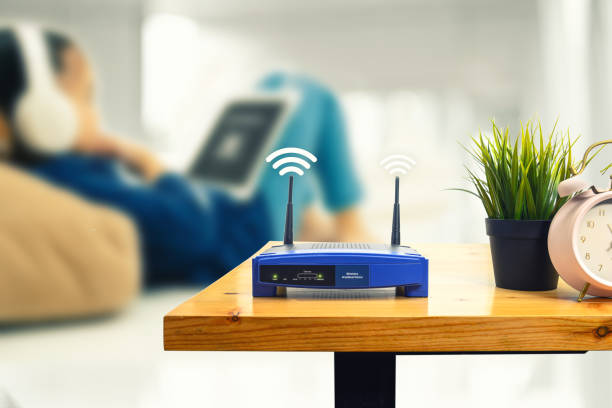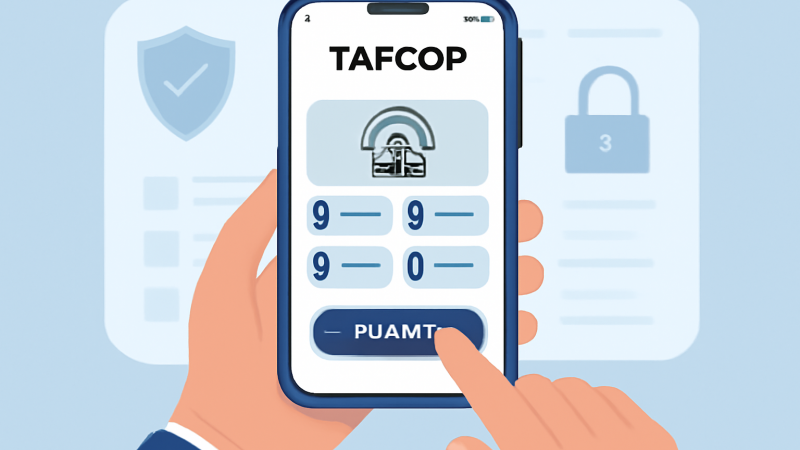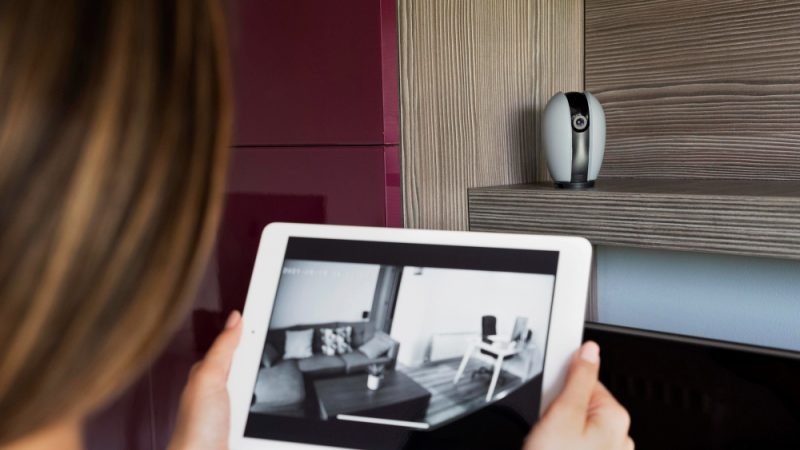How to choose a wireless router: 6 things to consider!

Choosing the right wireless router is not an easy task. There are many brands and models to choose from, each with its own unique features.
You need a good wireless router if you want your Wi-Fi network to be fast, reliable, and secure. But how do you know which one is best for your needs?
This guide will help you understand what makes a great wireless router by explaining what factors make them different from one another.
We’ll also tell you about some essential characteristics that every prospective buyer should consider before making their choice.
Before you run out and buy the first router that looks good, stop for a moment and think about what would be best for your needs. The more time you take to check out all the options before making an investment, the better – after all, it’s your own internet connection you’re talking about!
Wireless router buying guide: 10 most important things you should consider
You need to consider various factors that all play a part in determining how good the wireless router will be for you. Here are 10 of the most important ones:
1. The number of devices connected to the Wi-Fi network
If you use your wireless router to connect multiple devices, then it is very important to have a strong and reliable signal. The more devices (and the further away they are) that you want to be connected to your network at the same time, the stronger and more powerful device you will need.
2. Connection type
Wireless routers support two different types of connections. You should be familiar with both types before making any purchase decision, as the difference between these two will determine what devices you can connect to your wireless network and how many at once. The two connection types are:
– “B, G or a/b/g”: older standard that supports slower data transfer speeds (max 54 Mbps) and is not ideal for video streaming on multiple devices
– “N”: latest standard that supports faster data transfer speeds (up to 300 Mbps) and is great for video streaming on multiple devices
3. The area you want your wireless network to cover
The right router will allow you to access the internet anywhere in your home or office, while a poor choice could make your device struggle to find the signal. The range of a wireless router will depend on its power (measured in decibels, or dBm).
4. Don’t consider router naming conventions when purchasing a router
Some manufacturers and retailers use their own “naming conventions” to describe the product’s capability. You might see it named AC1200, AC1750, etc. These descriptions might sound impressive, but they have no practical meaning when trying to work out which one is faster or better.
The best way to check is by looking at the benchmark tests performed by independent third parties. Look up the wireless router you are interested in on one of these sites to see how it performs:
5. Security features
Make sure your new wireless router has some elements of security if only WEP encryption. This means that no one can connect to your local network without authorization, which is ideal for most home users. Some routers have WPA encryption (more secure) or even WPA2 (most secure).
6. Parental controls
If you are the main user of a wireless router and want to limit what your children watch on their devices, look for a model that has parental controls so you can manage different types of internet content. You should be able to block certain types of sites and/or content.
Conclusion
Wireless routers are a fairly simple product, yet there is more than meets the eye. You need to look at different factors when you compare them and make sure that your purchase represents what you need it for. A good wireless router will allow you to access the internet on multiple devices around your home or office without a problem, which is why it is important to consider the number of devices you want to be connected to and the area you need them in covered.






